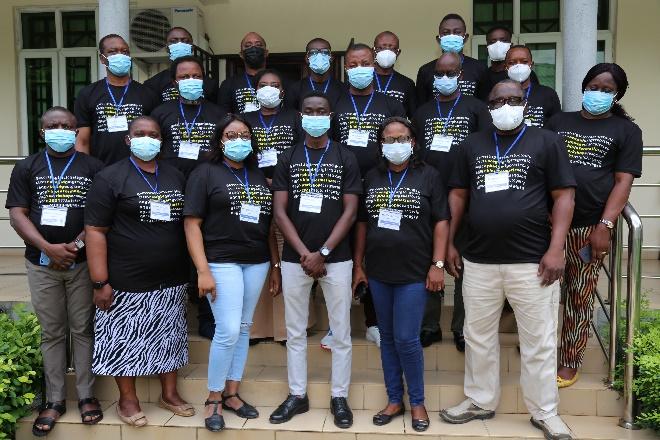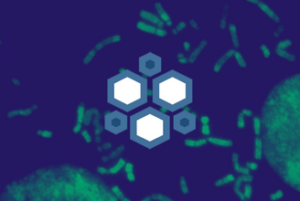Thanks to the Bill and Melinda Gates Foundation, PHA4GE received funds that were utilized to implement standardized bioinformatics practices, pipelines, and data structures in either anti-microbial resistance (AMR) or SARS-CoV-2 sequencing within national public health laboratories. We look at six teams, from five different low to middle income countries (LMICs), that successfully completed these projects.
PHA4GE chats to Dr Idowu B. Olawoye and Dr Paul Eniola Oluniyi from Africa Centre of Excellence for Genomics of Infectious Diseases (ACEGID), Redeemer’s University. They share on what worked well, what could have been done differently and what they envision as next steps in being responsive to disease outbreaks.

Dr Olawoye and Dr Oluniyi, what worked well in implementing the SARS-CoV-2 project?
We were able to train 20 public health scientists in Nigeria on SARS-CoV-2 genome analysis, data sharing and metadata standards. We were also able to improve our bioinformatics capacity and processes by procuring equipment for data analysis and internet plans for data processing.
In your own opinion, what did not work well and how could this have been done differently?
We conducted a follow-up zoom meeting/training with the participants and we experienced a drastic reduction in participation numbers. However, we recorded the sessions which were shared with them but we envisaged that the concentration levels of the participants were not on par with the hands-on training that was initially held. We believe that a hands-on approach would yield better results than the online training sessions.
What are the next steps for you and /or with your team?
We plan to build on the already established networks and also expand our trainings to more public health labs within Nigeria and the Africa region as many labs require skills in bioinformatics, standardizing workflows and contextual data.

